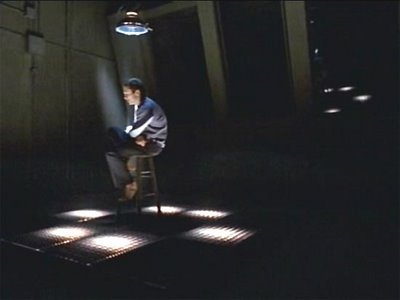
Bob Cringely's article got me thinking about a number of questions.
- If a story is less likely to be read because of the nature of online media versus print media, how should this be factored into credibility and reputation (like opportunities to see numbers do currently for print and broadcast)?
- Does the nature and intensity of engagement between media and reader change for online outlets, and if so how does it impact on the relative benefit of PR?
- How can PRs take advantage of the slowed down media agenda online?
- Is there economic case for PRs to move from media influencers to creating their own media, given the diminished power of online media (large and small)?
Let me know any thoughts that you have on the subject.
- If a story is less likely to be read because of the nature of online media versus print media, how should this be factored into credibility and reputation (like opportunities to see numbers do currently for print and broadcast)?
- Does the nature and intensity of engagement between media and reader change for online outlets, and if so how does it impact on the relative benefit of PR?
- How can PRs take advantage of the slowed down media agenda online?
- Is there economic case for PRs to move from media influencers to creating their own media, given the diminished power of online media (large and small)?